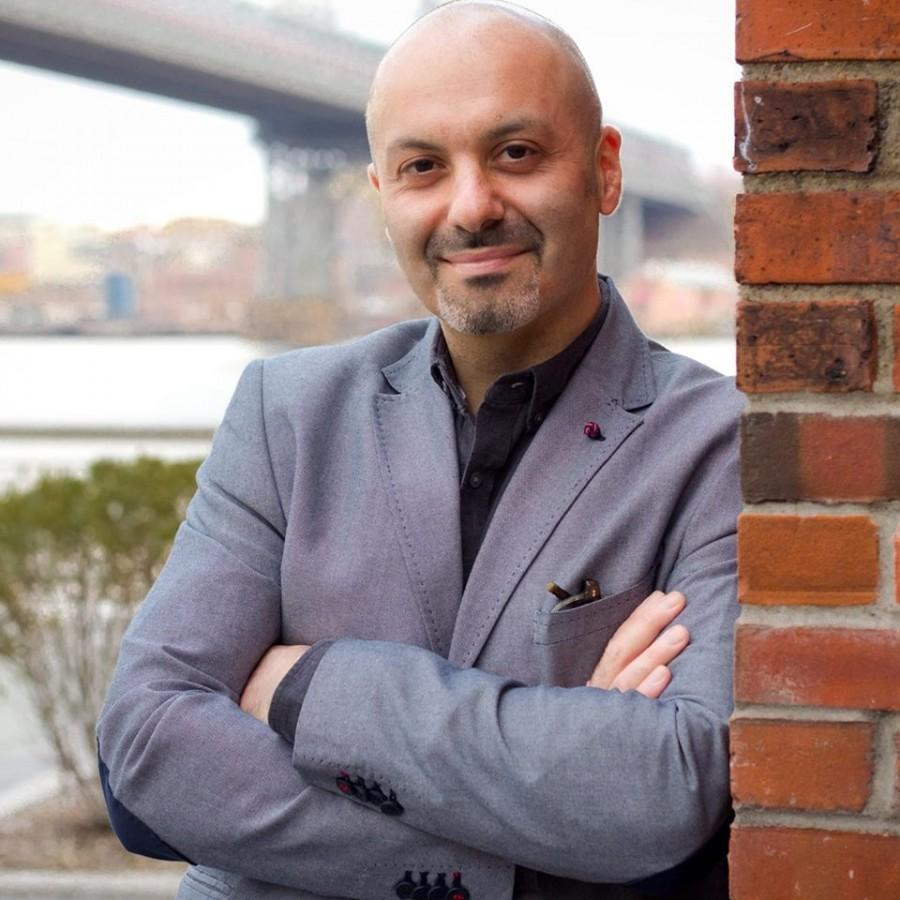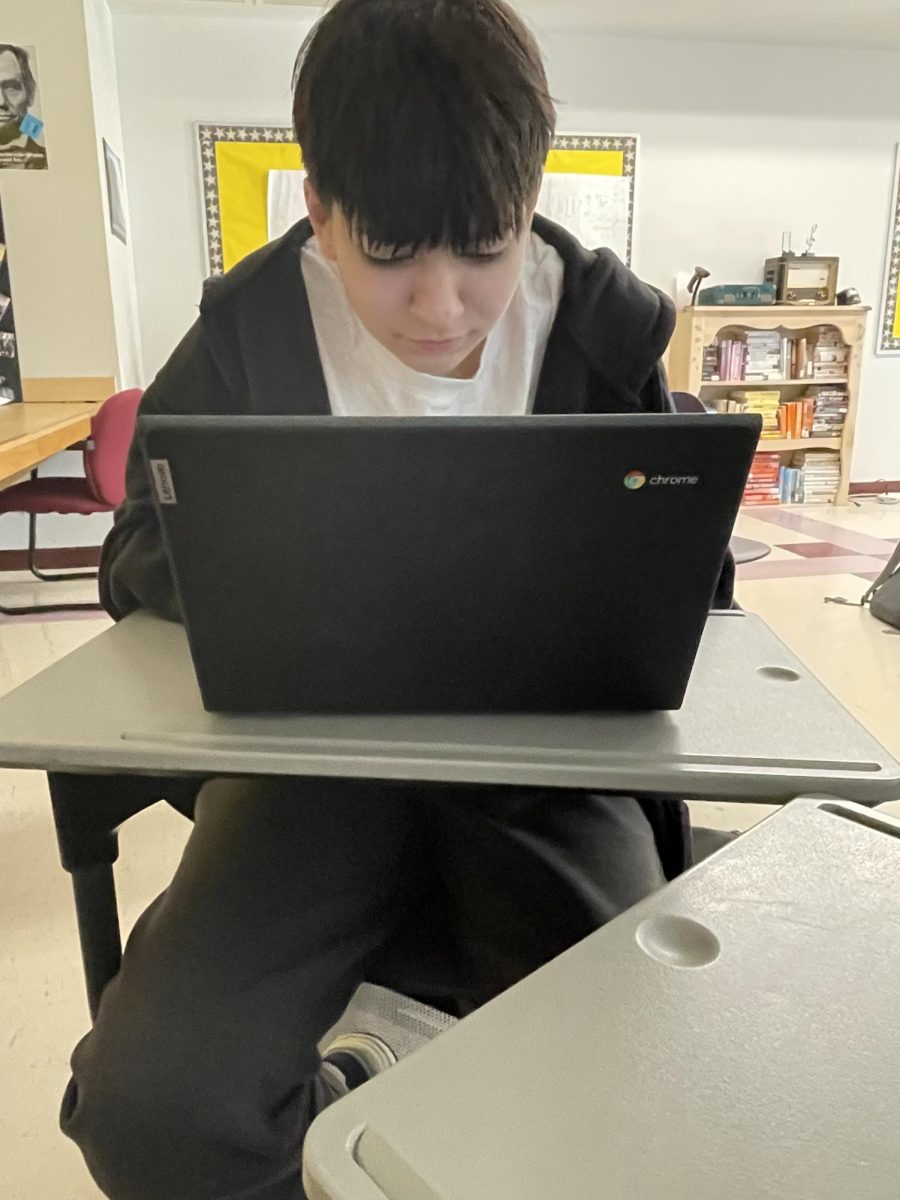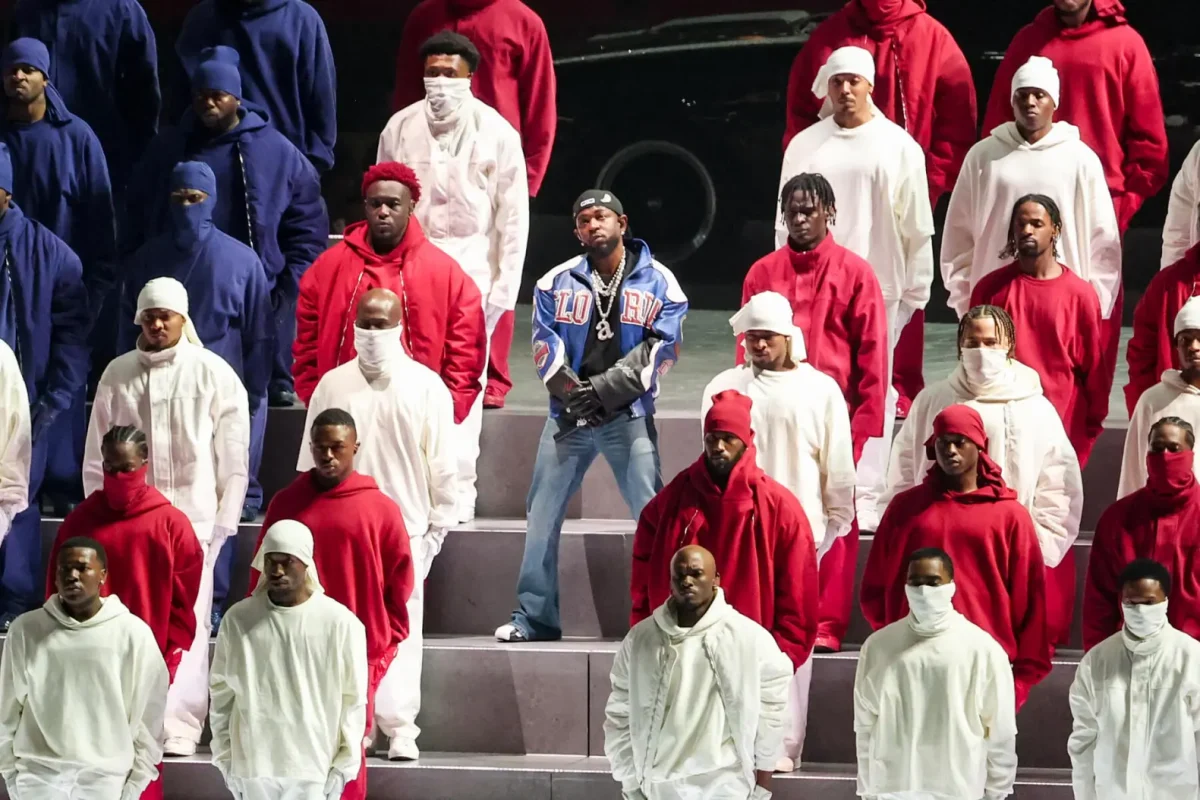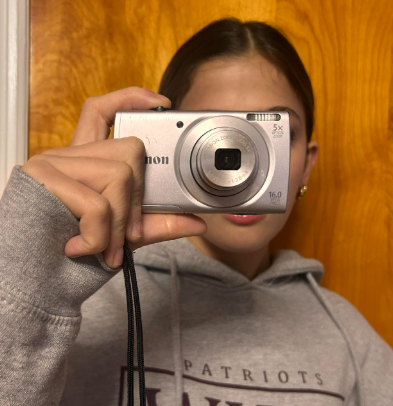Hills Alum Publishes Second Novel: Don’t Let My Baby Do Rodeo
March 1, 2016
Boris Fishman, a Wayne Hills High School alum, recently published his second novel. A 1997 graduate of WHHS, Fishman entertained a few questions recently from The Patriot Press.
How long did it take you to write Don’t Let My Baby Do Rodeo, your second novel?
It took a year and a half, a remarkably short time. The reason was that I had just sold my first novel, A Replacement Life to HarperCollins, but it wasn’t scheduled to publish for another 18 months. I finally had a little money and could do without side work for a bit — my first novel took three and a half years because I could only work on it part-time — but none of the publicity duties that would come later, when A Replacement Life came out. So I had 18 months of uninterrupted, deep concentration, and I think that’s why I was so productive.
Did you find the experience different to writing your first novel?
Yes, in some key ways A Replacement Life which took 12 drafts and, as I said, three and a half years, was like a second graduate school in fiction; the lessons I learned through it helped “Rodeo” proceed more smoothly. But also, with A Replacement Life, I was a first-timer, anxious to get it right, so I was planning too much. Planning is good, but too much isn’t, when it comes to fiction. You want to give your characters a chance to surprise you, to develop lives of their own. The great line is from novelist E.L. Doctorow, who recently passed away: “Writing a novel is like driving a car at night; you can see only as far as the headlights, but you can make the whole trip that way.” I planned a lot less with the second one — I knew the basic story, the rough outlines of the characters, and the rest I found out as I went along. Though, here, it’s equally critical to understand that, with this method, you don’t really find out what your book is about until you’ve finished that first draft. And so you have to go back to square one and write it all over again. If you can take three months off between those drafts, so you’re coming back to it with fresh eyes, even better.
How did you come up with title for your newest book?
You know, someone asked me this the other day, at the tail end of an interview where I had so much to say about the origins of the book, the motivation and inspiration, and… I just couldn’t say. This one part I don’t remember! Titles are important — here’s another great line: “This letter would have been shorter if I’d had more time.” It takes more time to say something succinctly. That goes a hundred-fold for a title: 336 pages boiled down to a sentence fragment. I imagine I dwelt on it for a very long time with no good outcome, and then one day, the words just popped into my head — that’s how it works so often not only with something like a title, but, say, some kind of knot you’re trying to work out in your story. I don’t make my way to the answer gradually; I think and think, without result, but this supposedly useless brainstorming does have purpose.
When did you realize you wanted to write novels?
This question has many answers. I was drawn to writing as early as middle school, but at that point, I think it was a generic desire for self-expression that had to do with a) the very dramatic, and traumatic, experience of immigrating from the Soviet Union at 9, and b) the encouragement and blessing of having grown up under parents who were interested in what I had to say. By high school and college, this became a more specific desire to write long-form narratives with a lot of opinion, voice, personal presence, and literary flair. For several years after college, I worked as a journalist, but the fit was never right — journalism has different priorities, especially these days. So I took a deep, frightened breath and applied for graduate programs in fiction-writing.
What was your experience in Hills like?
Wayne Hills was a very important place for me. I had come to America only five years before; I was extremely self-conscious and prone to feelings of outsiderdom. And I was taken in in a major way. I wasn’t part of any one group, but I had friends in all of them, felt accepted in all of them. That was major for me. And academically, it was really strong. I was coming from Stuyvesant High School in New York City, a prestigious, competitive school, but I felt better served by Hills. It was as ambitious as I wanted while being as calm as I wanted, too. A lot of people think back to college as their golden years, but for me, it was Hills.
How did you manage getting into Princeton? What was the Writing/ English program in Princeton like?
Princeton and similar colleges look for academic excellence, of course, but they also look for people with interesting life experience. And I think mine, and my ability to write about it decently in the application, went a long way. I had good grades, good SATs, all the extracurriculars — but everybody applying has that. Princeton has a creative-writing program that’s stronger than most graduate writing programs. The faculty not only comes from the top of the field, but they actually pay attention to you. I actually taught creative-writing there last fall, and I have to say the students are equally strong.
How did your adjustment from High School to college go? (smoothly?) because many
people’s adjustment is not so smooth.
Mine was not smooth at all. Princeton was very hard for me. It was this place where everybody showing up is used to being #1, but suddenly, it’s not so easy to feel good about yourself. But the culture didn’t reward opening up about this — being as vulnerable, confused, self-doubting, and anxious as, well, as you’re supposed to be in college. So I spent a lot of time feeling like an outsider — because I, certainly, was consumed by doubt and self-questioning. Not because I wasn’t making the grade, necessarily — I was very self-motivated and used to working hard from Hills; I did well. Just because I was trying to figure out who I was as a human being. And even though we were debating that every day in class — what does it mean to be a just, moral, enlightened human being — it seemed to happen too little outside class. It wasn’t until much later that I understood this wasn’t because everyone didn’t have doubts — it was precisely because they did, very much so, but had never been taught how to express them without falling apart and feeling bad about themselves. So they pretended they didn’t. People who do that are not very fun to be around.
Did you immediately know your book would be a success?
Ha! God, no. I have a healthy ego, and am very ambitious, but it didn’t even enter my mind. I didn’t even know I could hope for what happened. My great hope was that The New York Times Book Review would choose to review it, and devote a full-page to the review, instead of the half-page they sometimes use. That was my maximum hope.
Be sure to look for Don’t Let My Baby Do Rodeo, out March 1!






